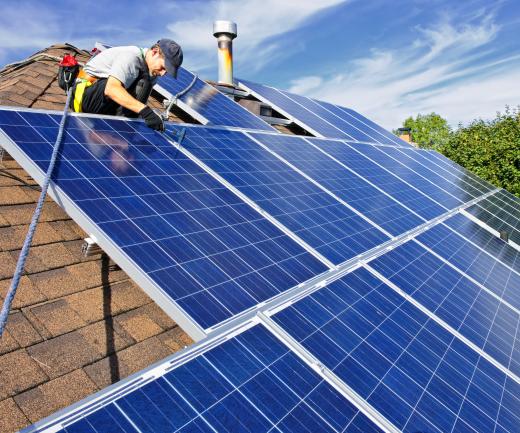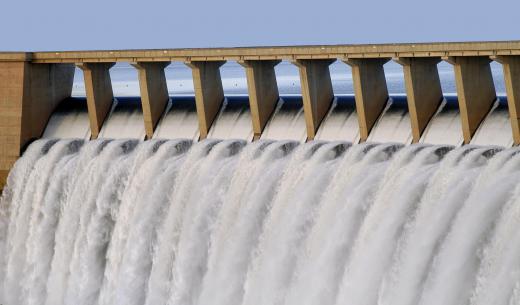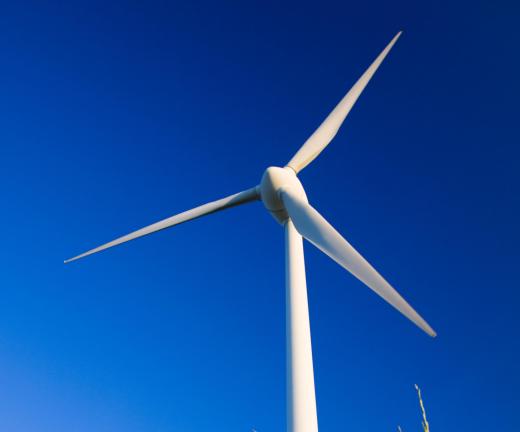Since the Industrial Revolution in the mid-18th century, human society has largely been run on non-sustainable forms of energy. The draining of fossil fuel reserves combined with a rise in understanding about environmental damage done by fossil fuels has lead to an increased push for sustainable power sources. There are many different forms of sustainable power, though most remain in technological infancy and require further scientific advancement and investment before being fully capable of handling modern power consumption.
Fossil fuels, most typically in the form of coal, oil, and natural gas, are used in almost every type of device that requires power to run. These fuels come from a natural breakdown of organic fossils over millions of years. Although fossil fuels have been used throughout human history for various purposes, their extreme importance did not occur until the Industrial Revolution and the development of motor powered transportation. Since cars, jets, and powered heating systems became prominent, human use of fossil fuels has increased enormously, leading to a devastating overuse of available resources. As a result, most experts suggest that the Earth’s fossil fuels will run out within the next few centuries, making the search for sustainable fuels not only altruistic but imperative to the survival of human technology.

A sustainable power source is one that either does not deplete the original resource, or uses resources that can be easily and efficiently replenished. The use of solar power, for instance, is considered sustainable, as absorbing and using heat or light from the sun does not reduce the power or size of the sun. Ethanol, made from certain crops, is also sometimes considered sustainable power as crops can be easily replanted and replenished.

Hydroelectric energy is a sustainable power used to fuel generators. This widely-used renewable energy source works by using the gravitational force of water. Falling water or incoming tidal flows are funneled through machines, forcing internal turbines to spin and generate energy. In most cases, the water is pushed back and forth between reservoirs at different elevations or released back into the ocean after flowing through the turbines. Wind and geothermal power operate in much the same way, using renewable natural forces to power turbines and consequently generators.

Solar power operates through the absorption of light and heat from the sun. Thermal solar power can absorb sun heat and transfer it to water, making it an efficient sustainable power source for water heaters and pools. Photovoltaic solar energy absorbs sunlight into solar panels, where the electrons absorbed bounce off silicon solar cells, creating an electrical current that can then be used for power.

Ethanol, biodiesel and biogas are somewhat more controversial sources of sustainable power. These technologies use the processed products from plants and organisms to create fuel alternatives. Unfortunately in the case of ethanol, the processing and burning results in high levels of greenhouse gas emissions. Biofuels, such as algae biodiesel, are a possibly greener alternative, but remain mostly in experimental or small-scale use. Nevertheless, many experts believe that all three technologies will play a large part in the expansion of the sustainable power market.

